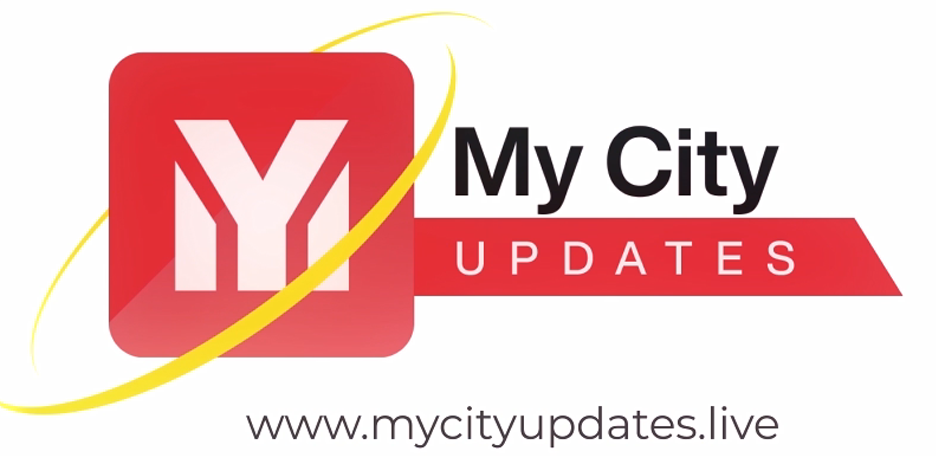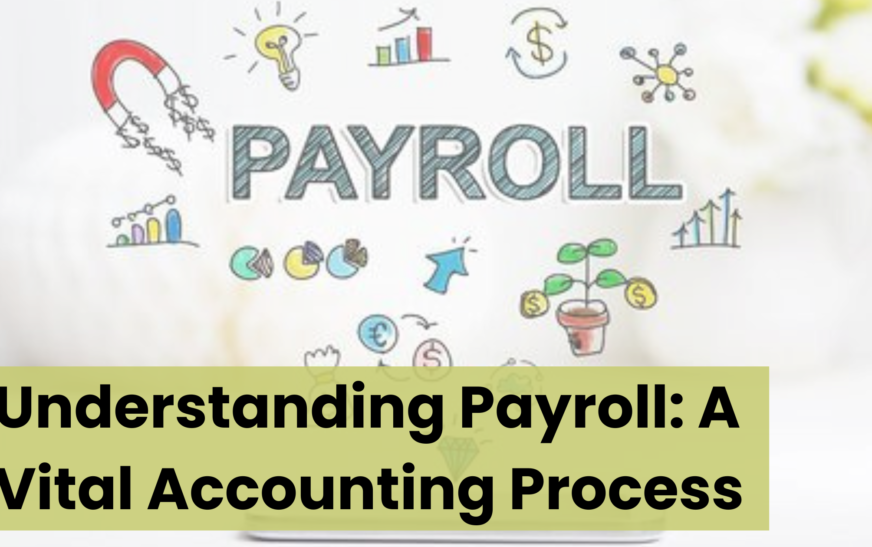Payroll is a crucial accounting function that involves compensating employees for their services. This process includes not only calculating the amounts due to each employee but also managing deductions for payroll taxes, insurance premiums, employee benefits, and other withholdings. Whether it’s hourly wages, sales commissions, or reimbursements, payroll ensures that employees receive their correct pay based on various factors.
What is Payroll?
The term “payroll” encompasses all employees who are regularly compensated by a company. Employees might be paid hourly, based on output, or on a monthly basis. A payroll specialist is responsible for managing these various payment methods and issuing checks accordingly.
The Payroll Process
- Calculating Earnings: This involves determining the gross pay for each employee, which may include hourly wages, commissions, or reimbursements.
- Deductions: Standard deductions such as social security, medical insurance, and charitable contributions are subtracted from the gross pay.
- Net Pay: The remaining amount after deductions is what the employee takes home, known as the net pay.
- Issuing Checks: Based on the net pay, checks are issued to employees.
Tools and Methods
Companies often use neutral measuring tools like timecards or timesheets to determine payroll amounts each cycle. Payroll departments must also differentiate between the employer and employee using federal codes and track total income and deductions throughout the fiscal year.
Payroll in Small Businesses
For small businesses, maintaining an efficient payroll system is essential, even if the business has not yet achieved profitability. Paying employees on time is crucial, so small companies often keep payroll debts to a minimum until they become more financially stable.
Payroll Management Solutions
- In-House Payroll: Trained accountants can establish and maintain an efficient payroll system. This method is time-consuming but ensures direct control over the payroll process.
- Payroll Software: Small businesses often use payroll software to automate and streamline the process, reducing the need for manual calculations.
- Outsourcing Payroll: Companies without the resources to manage payroll internally might outsource the task to specialized payroll companies. These specialists handle calculations, data storage, and check issuance based on time deadlines. Employers simply need to update the payroll company with any relevant changes.
Conclusion
Payroll is a fundamental aspect of any business, ensuring employees are paid accurately and on time. Whether managed in-house, through software, or outsourced, maintaining a well-organized payroll system is vital for the smooth operation of any company.



